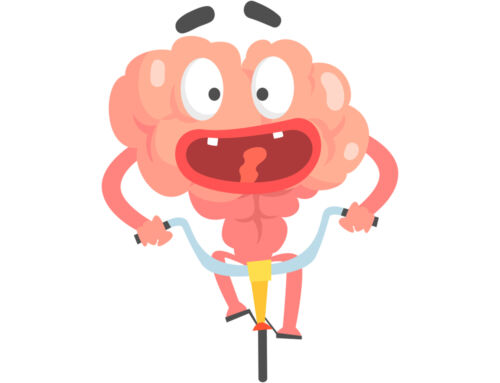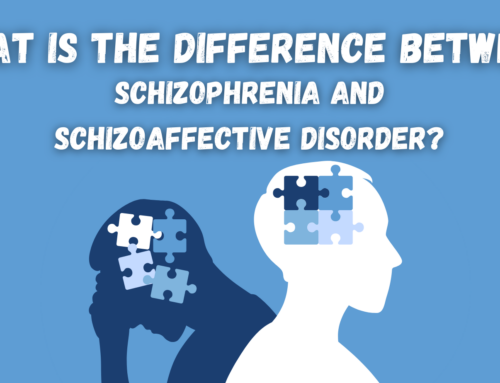The LGBTQ (Lesbian, Gay, Bisexual, Transgender, Queer/Questioning) community is at higher risk for substance abuse than the heterosexual population. This risk is due to issues surrounding homosexuality in the United States. Consequently, the LGBTQ community is at a higher risk of having mental health disorders that lead to substance abuse and addiction.
Contributing factors to substance abuse:
- Homophobia
- Social stigma, chronic stress, self-loathing, and shame
- Discrimination
- Violence
Homophobia in the U.S.
While homosexuality is found in all cultures, it was considered a mental illness in the United States until 1973. At that time, the American Psychiatric Association (APA) removed the diagnosis of homosexuality from the Diagnostic and Statistical Manual (DSM). While this helped to shift general public opinion and create laws protecting the civil rights of LGBTQ, the execution of these laws and protections are not consistent.
In 2015 the Supreme Court ruled that same-sex couples can marry nationwide, however many states still do not allow or recognize this. This denial of the LGBTQ community to have the same rights as heterosexuals creates feelings of inequality. Prejudice is still prominent everywhere in our culture. For example, transgender individuals still may not serve in the U.S. Military.
Social Stigma, chronic stress, self-loathing, and shame
Even with the declassification from the DSM, there is still a social stigma attached to being LGBTQ. The majority of public opinion does not understand or support these individuals. Feelings of shame and self-loathing lead to chronic stress and anxiety as individuals are forced to hide their sexuality, lifestyle, or preferences.
Discrimination
Discrimination against the LGBTQ community still exists, not only in the workplace, but in housing rental and ownership, public domains/areas, education opportunities, and friends/families. Loss of employment, opportunities, and other rights may result.
Violence
Acts of bullying, teasing, and assault are more likely to occur to LGBTQ individuals, with most acts of violence happening to transgender people. This leads directly to depression, anxiety, and addiction. Additionally, there is a greater tendency for these individuals to miss work or school.
Substances are used as coping mechanisms. The transgender community has the highest risk of suicidality because of discrimination. With a supportive residential treatment program, LGBTQ individuals can recover from addiction.
At Alta Loma Transformational Living, you will meet knowledgeable, compassionate professionals that understand addiction in all its forms. Alta Loma uses an integrative and holistic approach to treat addiction and mental health issues. No treatment is one-size-fits-all, where you will have a team of experts prepared to create your customized treatment plan. We offer care for your mind, body, and spirit, so that you can heal from the inside out and look forward to a lifetime of sobriety and wellness. If you are ready to take the first step in your recovery, please call us at 866-457-3843.



